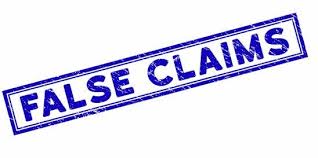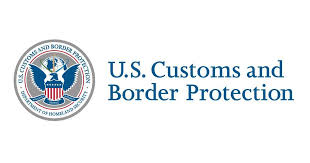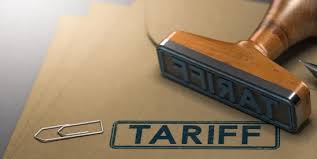Landmark Ninth Circuit Ruling Expands Application of False Claims Act to Trade Enforcement (Part II of II)

DOJ’s ability to bring False Claims Act actions against companies for customs fraud was affirmed in a significant Ninth Circuit decision, United States ex rel. Island Industries Inc. v. Sigma Corp., No. 22‑55063, __ F.4th __ (9th Cir. June 23, 2025). The decision clears the way for DOJ to pursue its aggressive strategy to prevent and punish customs evasion misconduct.
Island Industries, a competitor, sued Sigma for evading 182.9 percent antidumping duties, which resulted in a $24 million jury award. As a consequence, FCA whistleblowers will have even more incentive to file FCA cases in federal court solely on the basis of customs duties and tariff evasions.
Jurisdiction Question
The Sigma decision confirmed that FCA claims over customs fraud can be filed in federal district court rather than the Court of International Trade. Sigma claimed that 28 U.S.C. §1582 grants exclusive jurisdiction to the Court of International Trade (CIT) for customs-related claims. The Ninth Circuit rejected this claim, holding that 28 U.S.C. §1582 applies only when the government initiates an enforcement action.

The Ninth Circuit ruled that 19 U.S.C. §1592 and the FCA can coexist and that Congress’s 2009 FCA amendment clarified that “obligation” includes customs duties. In other words, there is dual applicability of 19 U.S.C. §1592 and the FCA.
Additionally, the Ninth Circuit rejected arguments by Sigma that the applicable duties were not collectible for older entries after the goods were “liquidated.” The Ninth Circuit explained that the obligation to pay a duty arose at the time of entry and §1592 allows for recovery for fraud after the goods had entered.
Sigma offered an objective reasonableness defense and specifically claimed that it did not believe the duties applied. The Ninth Circuit rejected this standard, and applied the Supreme Court’s direction in United States ex rel. Schutte v. SuperValu (2023) where the Court held that the FCA requires subjective intent, not just objective reasonableness. In this case, there was strong evidence Sigma acted with deliberate ignorance or reckless disregard, meaning that it failed to investigate antidumping orders.
Sigma Decision Implications
The Ninth Circuit’s decision unleashes private qui tam suits alleging customs and tariff fraud claims in federal district court. Importers must proactively investigate applicable tariffs and duties — a failure to do so will likely result in a finding of deliberate indifference or ignorance.

The False Claims Act includes treble damage awards and attorneys fees. Given this potential payoff, private whistleblowers — individuals and competitors — will seek lucrative payoffs by filing False Claims Act claims.
Potential Criminal Exposure
A False Claims case, if filed by a whistleblower, is fertile ground for criminal prosecutors to identify criminal fraud cases. In the context of a trade compliance investigation, Homeland Security Investigations (“HSI”), in partnership with the CPB, is responsible for launching criminal investigations into export-import misconduct which are often prosecuted by US Attorneys’ Offices in the port district.
Most FCA cases begin with a whistleblower complaint — an individual or corporate whistleblower, including competitors. Criminal prosecutors may become aware of the case through internal referrals at DOJ or other sources.
Companies have to exercise care in this area since deliberate schemes to avoid customs duties can result in criminal liability as well as false statements prosecutions under 18 U.S.C §1001.
Under DOJ’s new Corporate Enforcement Program, a voluntary disclosure of potential violations in this area can result in a declination if the company cooperates and remediates the misconduct.
Next Steps
Companies have to initiate an immediate review of their trade compliance policies, beyond sanctions and export controls to compliance with U.S. import duties and potential customs fraud. DOJ is priming the pump to increase these cases, especially those companies relying on imports from China.
False Claims Act cases will increase and compliance programs should be assessed and enhanced, where necessary. A trade compliance assessment must include:
- Company communications emphasizing importance of customs compliance and importance to company’s culture of compliance;
- Confirmation of company’s policies, procedures and manuals as accessible, current and comprehensive guidance to company managers and employees;
- Review of the company’s supply chain footprint — countries of origin, products imported, and valuation controls;
- Assessment of customs brokers used to facilitate U.S. imports and nature and scope of interactions;
- Sampling and testing of product imports, including country of origin, classification and valuation confirmation to identify potential violations of applicable controls;
- Confirmation of customs compliance training programs and attendance by responsible individuals;
- Review of internal investigations and hotline reports relating to any trade compliance issues; and
- Modification of any document retention program to include specific customs and import documentation.















